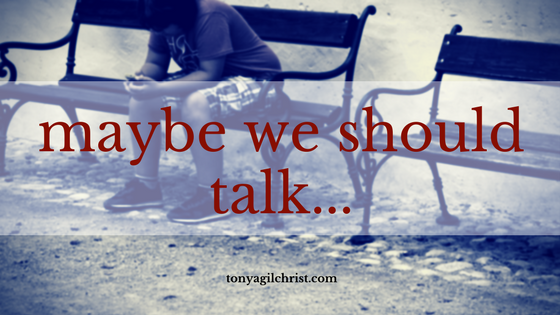Do You Think I Care About You?
Last week, I happened upon yet another tweet that really got me thinking. Twitter has truly offered incredible opportunities for me to grow in my thinking. If you haven't yet connected yourself with other educators around the world via Twitter: DO IT![embed]https://twitter.com/casas_jimmy/status/966502006507606016[/embed]Wow.It's not just me, right?This struck right to the center of my heart. As educators, we will face tough conversations with students. But: Do we separate the student from the behavior? Are we using these challenging moments to build relationships? Do we choose our words and actions carefully to help our students think—not to think like us, but to think for themselves?Consider the impact these two seemingly simple questions can have. No matter how students answer, these questions give us information to reflect upon and learn from. For example, if a student answers "no" to the first question, we can explore why he or she feels that way. Perhaps there was miscommunication. Or maybe we did not have all of the information about the incident. Or it could be that students are holding on to opinions formed from past misconceptions of which we weren't even aware. If the student answers "no" to the second question, it again gives us a chance to reflect on the why behind his or her perception. Is there anything that we might change in our classroom culture? If the student answers yes to the questions, we both walk away with our trust and rapport reaffirmed—and quite possibly even strengthened.When our students know that we care about them, they can better understand the why behind our decisions—and we can better understand the why behind theirs, too.How do you handle tough conversations with the young learners in your life?

